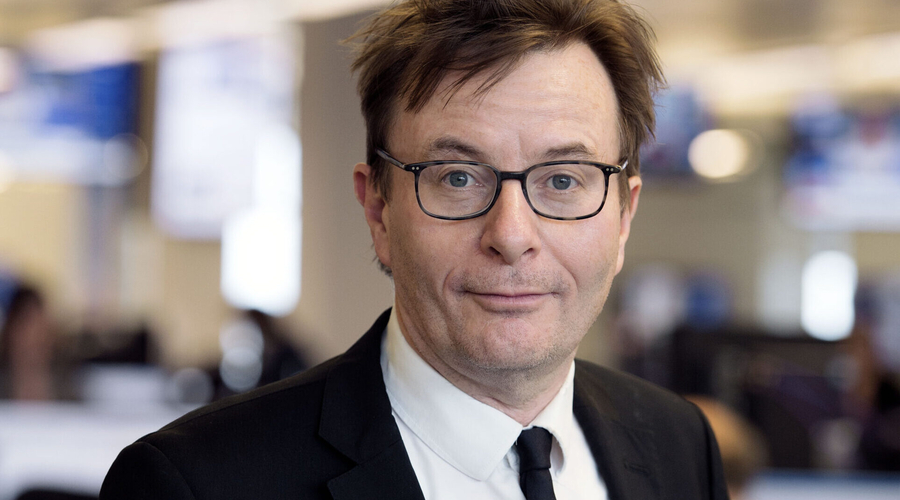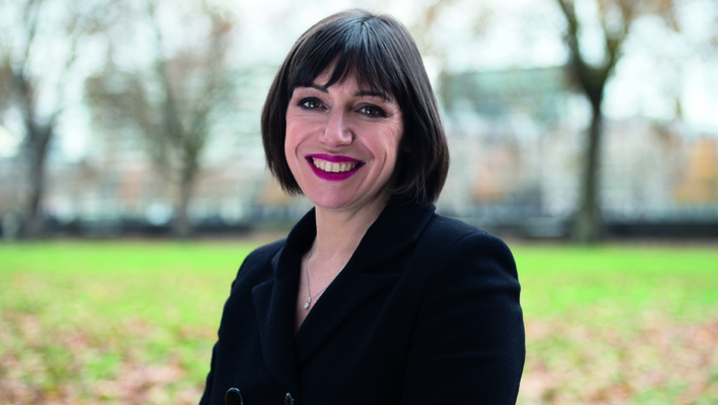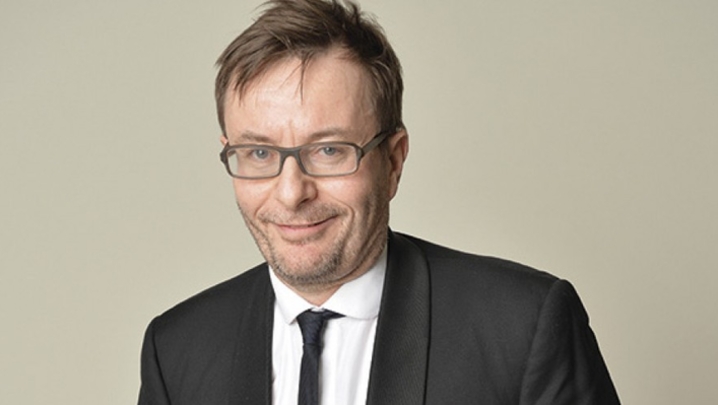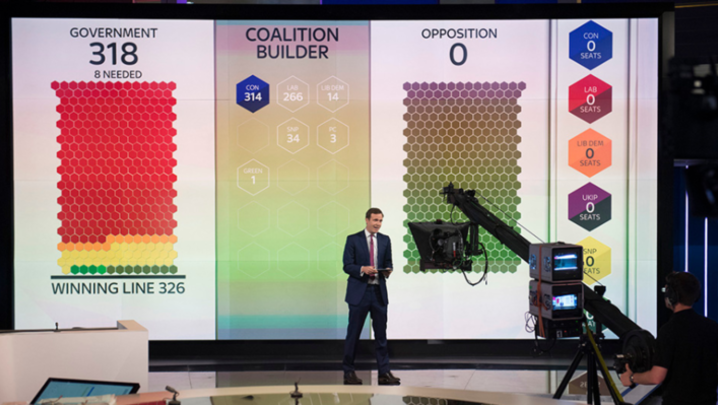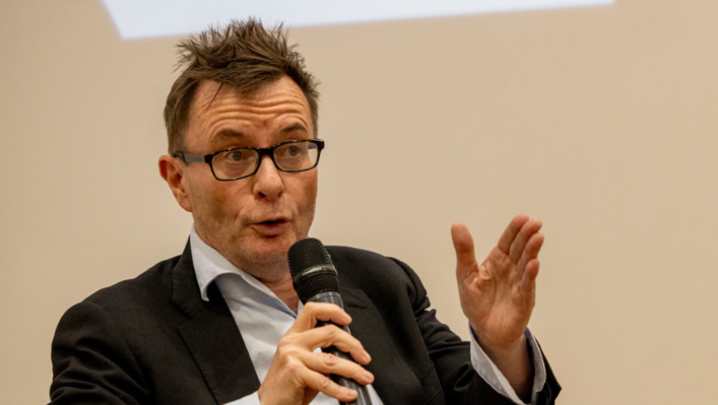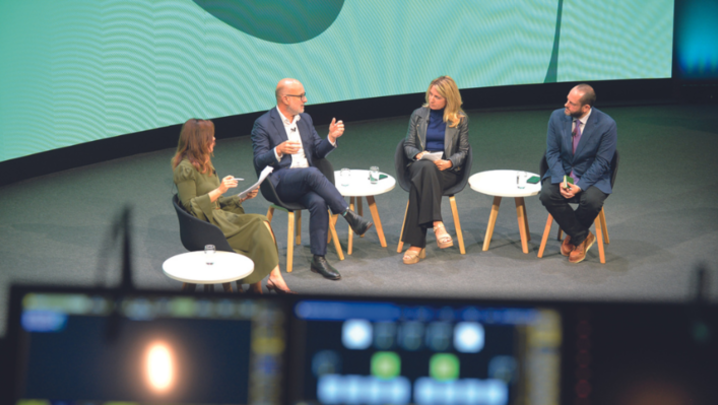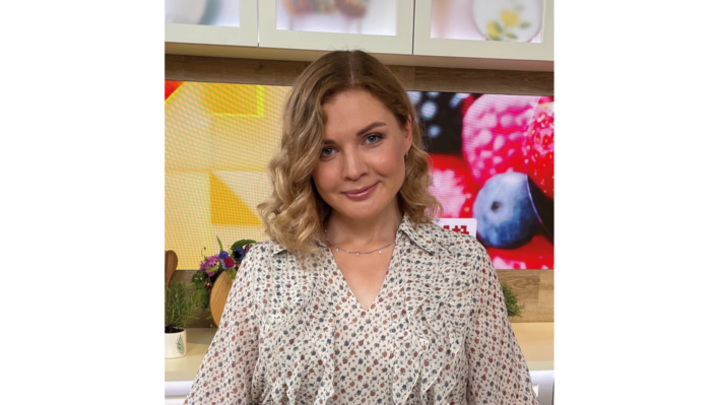John Ryley salutes the courage and professionalism of journalists reporting on the war in Ukraine – including a Sky News team who narrowly escaped with their lives.
The accuracy of the fire was surprising,” was the laconic observation of Sky News camera operator Richie Mockler. He was explaining what happened when gunmen, thought to be a Russian sabotage and reconnaissance squad, ambushed Sky’s chief correspondent Stuart Ramsay and his team. They were driving in a rented Hyundai saloon car on a major road from Bucha to Kyiv, about 20 minutes from the centre of the capital.
The gunmen fired hundreds of bullets. Up close. Stuart was hit once. Richie was hit twice, but his body armour saved him. It took the team 22 hours to get to safety. They are all right.
As a news boss, it’s a gut-churning moment when you first hear a team is in serious trouble, often only moments after the incident begins and well before it’s resolved. The news gyre stops turning. Things do fall apart. Yet the centre must hold, I told myself. The loneliness of leadership was striking, not for the first time in 16 years at the helm.
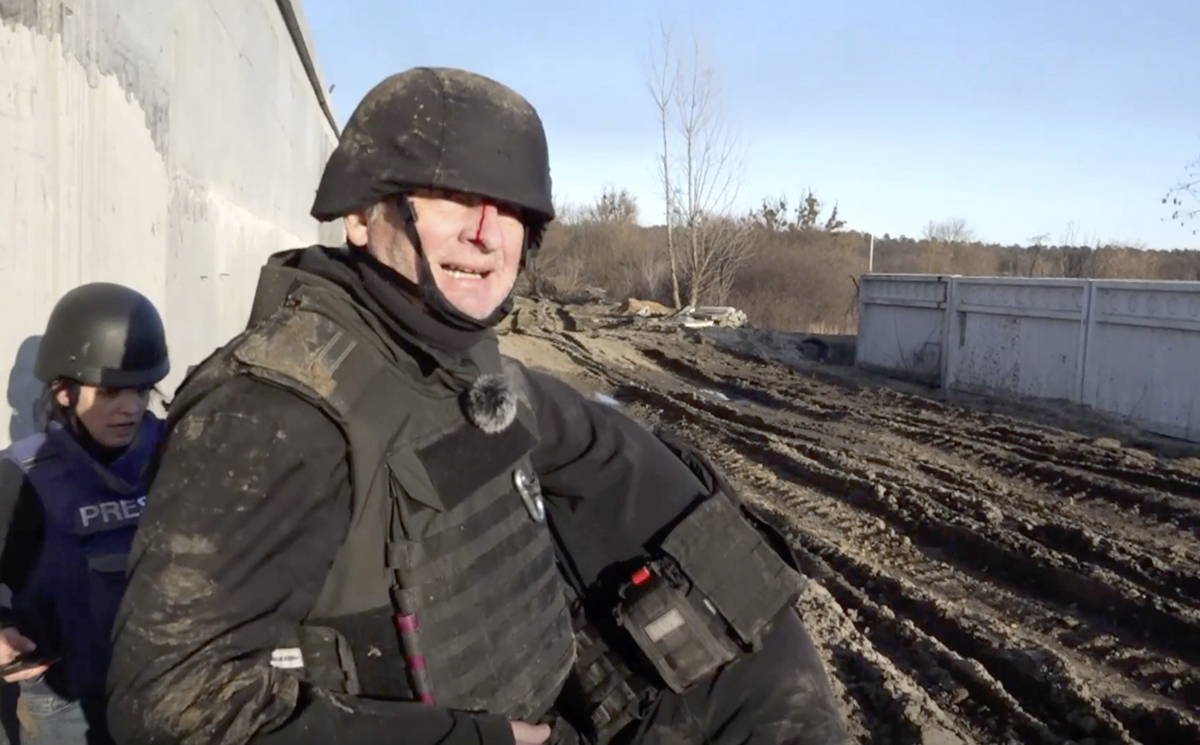
When I saw the video of the ambush, three days later, I felt sick. Very sick. The rights and wrongs of broadcasting and publishing the video were discussed at length with my senior colleagues in the newsroom in west London.
In an email to staff, I described the report as a “hard watch” – a hard listen, too – with the crackle of the bullets, the team’s desperate shouting, and their heavy panting as they escape. In the end, we decided to tell the story of what happened to show the sheer scale of the mayhem and violence meted out to the Ukrainian people.
And because it makes me angry that the public doesn’t understand the lengths to which journalists go to report the news.
One colleague described the story as “the most powerful piece of war reporting and camera work ever seen”. Over the following days, more than 3.5 million people read the article and the video was viewed more than 6 million times.
I salute the professionalism and courage of those who try to see the truth with their own eyes.
At least Stuart’s visceral report caught the eye of No 10. The Prime Minister, Boris Johnson, tweeted: “The courage of these journalists, putting themselves in terrifying and dangerous situations, is astonishing to watch. They’re risking their lives to ensure that the truth is told.”
This hot and cold war is throwing up complex editorial, ethical and logistical issues to balance the safety of our colleagues with the need to independently report first-hand a significant story. News organisations have become much sharper at protecting their people.
I recall the lack of training when I set out as an ITV producer to cover the Bosnian civil war. Thirty years on, our audiences have changed, too. This is a TikTok war. An interview we did with a lone soldier guarding a bridge in Kyiv now has more than 30 million views.
User-generated content is increasingly used in our coverage, but only after it has been checked by our verification team.
The flow of such content has slowed as the war has gone on and people flee the fighting. The refugee crisis is now the biggest in Europe since 1945. Heavy times.
“What would you pack in a light suitcase as you leave your home in a hurry,” I asked a colleague. “Running shoes,” was his swift answer.
Initially, I was frustrated by our inability to use maps effectively on screen to explain to our digital and TV audiences the military tactics: maps explain why battles are lost and won.
There is a strange gap between the strategic assessments of the slow advance of the Russian forces and the grievous pictures from cities such as Mariupol, Mykolaiv and Kharkiv, where thousands of people are trying to escape fierce bombardment.
“Delay means death” was the response from the UN Secretary General to the latest report on climate change – one of a very few other stories we have focused on since the start the Ukraine war. The 3,500-page report from the Intergovernmental Panel on Climate Change is a grim read. We need to rapidly cut back our emissions. The report’s authors say more than four out of 10 people live in areas that are “highly vulnerable” to climate change – but there is still a brief window to avoid the very worst. Time to agitate.
We are living through a period of life that is changing history’s direction. Climate change, technological change, a big financial crisis, two political upheavals in the US and the UK, a global pandemic and now a brutal war in Europe. Extraordinary events, yet day-to-day journalism isn’t broad enough to capture the scale of disruption.
After two years, we are slowly easing the precautions against Covid at the Osterley studios in west London. The news organisation needs more daylight to inspire editorial green shoots – meetings on Teams have democratised access to discussions, but badly blunted creativity.
Face coverings are now optional in the newsroom but mandatory in the edit suites and control room. I realise I am the only person wearing a mask in the newsroom. I tell a colleague you can be in a minority of one and still be right.
At the weekend, I try to escape the pressure of the newsroom to meet my children in Newcastle. Now a young widower, I hug my three grown-up children tightly. We walk along the sandy, sunny beaches of Northumbria. I spend much of the eight-mile walk on the phone to London and Kyiv.
The children are understanding. My 27-year-old son doesn’t watch or own a TV. He scans programmes from the streamers on to a white wall of his sitting room. He gets his news from apps.
Coming home on the train from the North East of England on the Sunday evening, I see I am the only passenger in the carriage reading a hard copy of a newspaper. I am in a minority of one, yet again.
John Ryley is head of Sky News.

